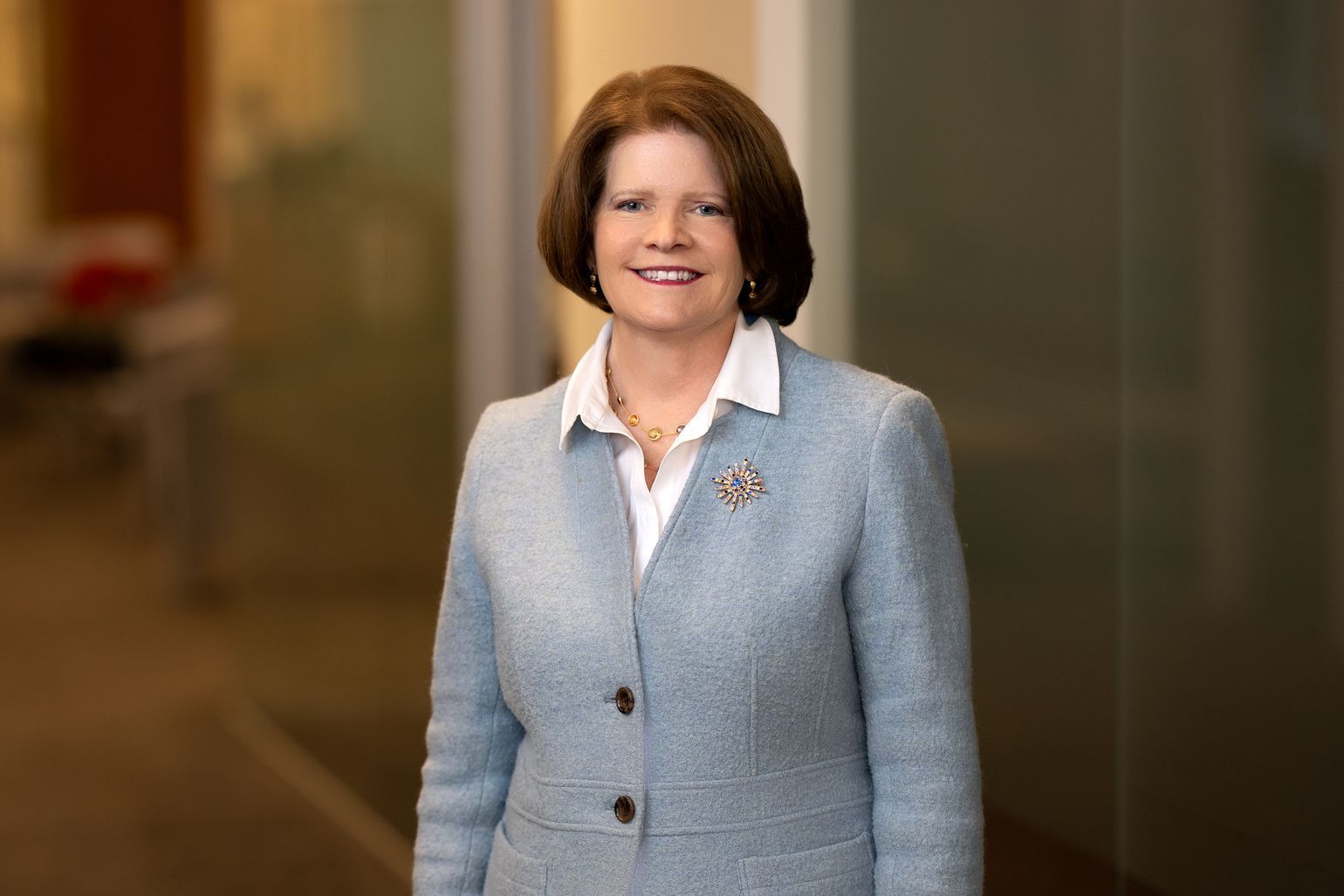
Pricing algorithms are changing the way companies compete in a wide variety of industries. The widespread adoption of commercially available revenue management tools is raising fresh questions about how companies can maximize profit while staying in compliance with the antitrust laws.
Courts have begun to flesh out the relevant questions for when competitors can use the same algorithmic pricing tools as each other. The U.S. DOJ and FTC are intervening to try to push the law in a more plaintiff-friendly direction, showing skepticism when companies use pricing algorithms to capture more of consumers' willingness to pay. This session will provide an overview of the cases, the DOJ and FTC interest areas, and the factors you should consider in making business decisions about automated pricing.
Contacts
Adam Pilkington
apilkington@wsgr.comPresenters

Maureen Ohlhausen is the co-chair of Wilson Sonsini Goodrich & Rosati’s antitrust and competition practice. A partner in the Washington, D.C., office, she advises industry-leading clients on complex antitrust and litigation matters, with a focus on high-profile cases. Sought after for her depth of experience on antitrust and Federal Trade Commission (FTC)-related issues, Maureen is known for her relationships with officials in the U.S. and abroad.

Taylor M. Owings is a partner in the New York office of Wilson Sonsini Goodrich & Rosati, where she represents clients in civil merger and non-merger matters both before government agencies and in private litigation. She also counsels clients on the application of antitrust law to their business operations, with an emphasis on issues arising in technology-focused industries.
- Privacy Policy
- Terms of Use
- Accessibility